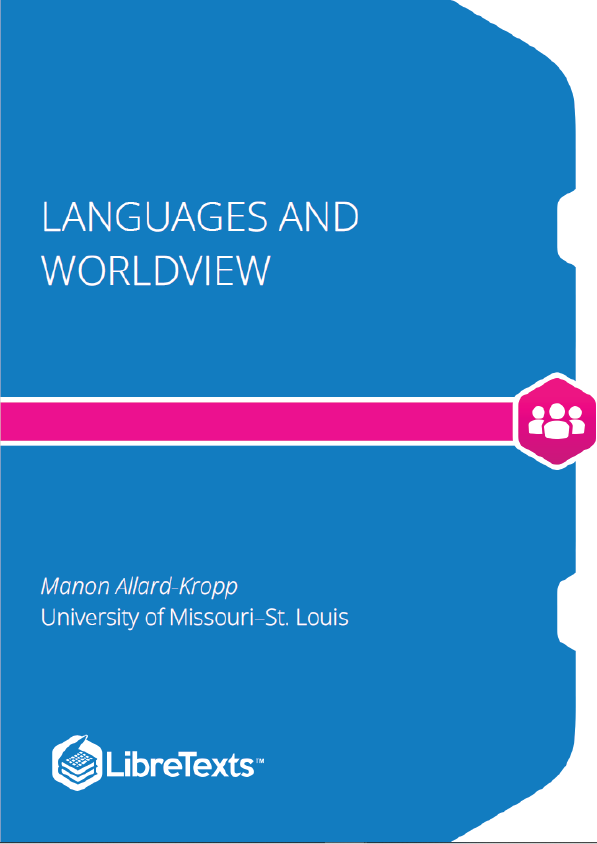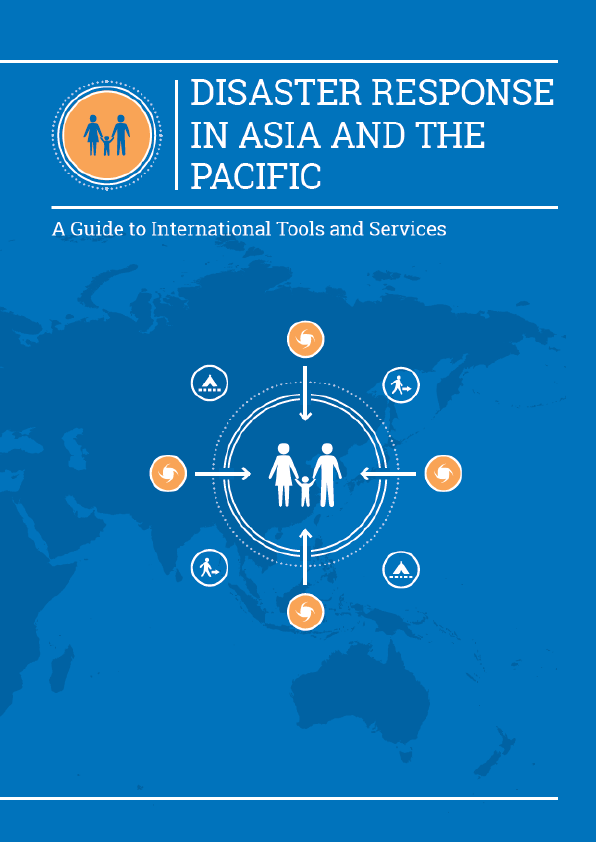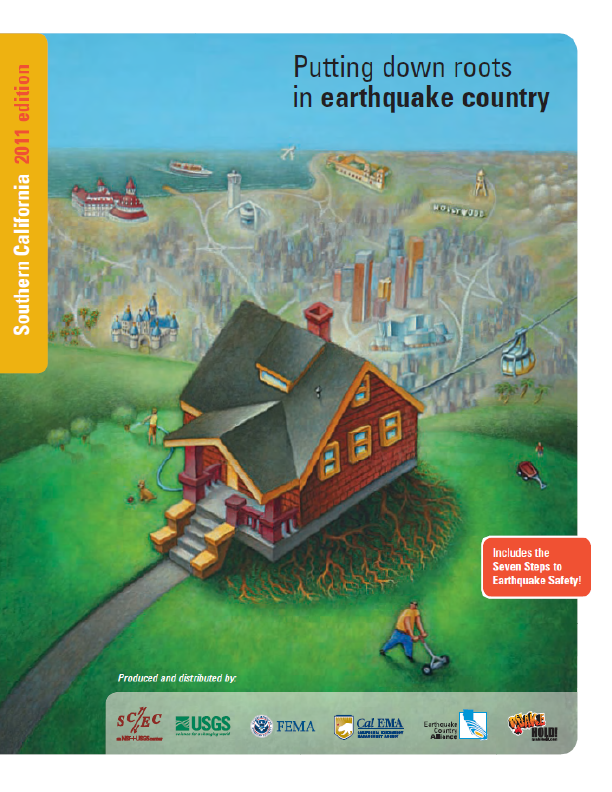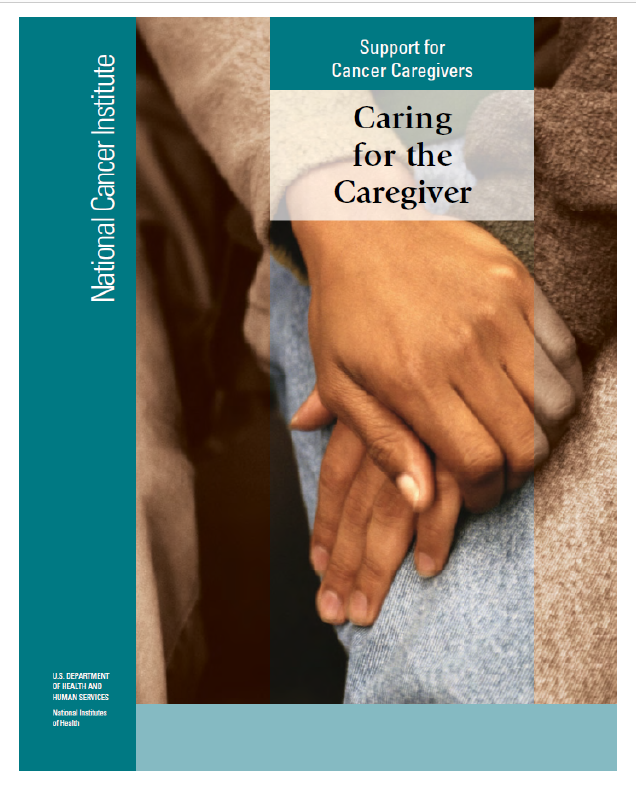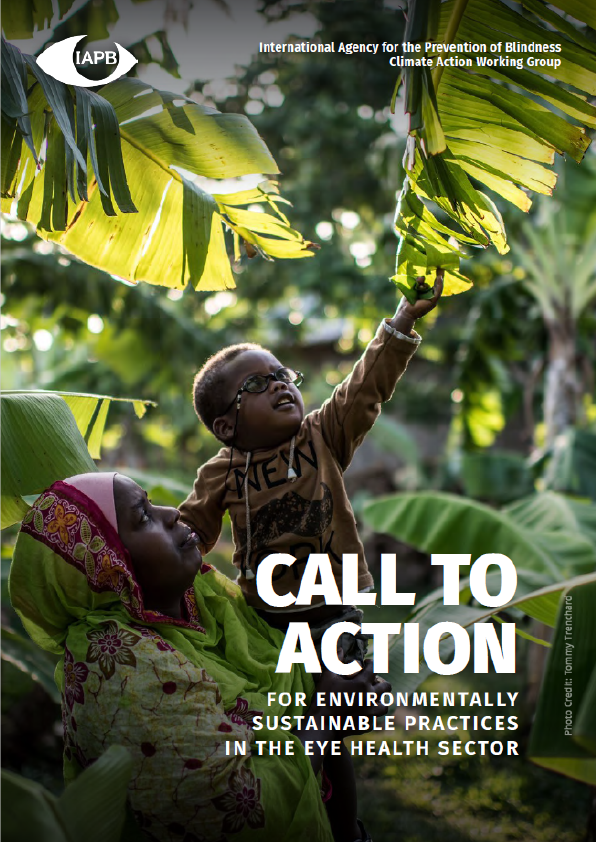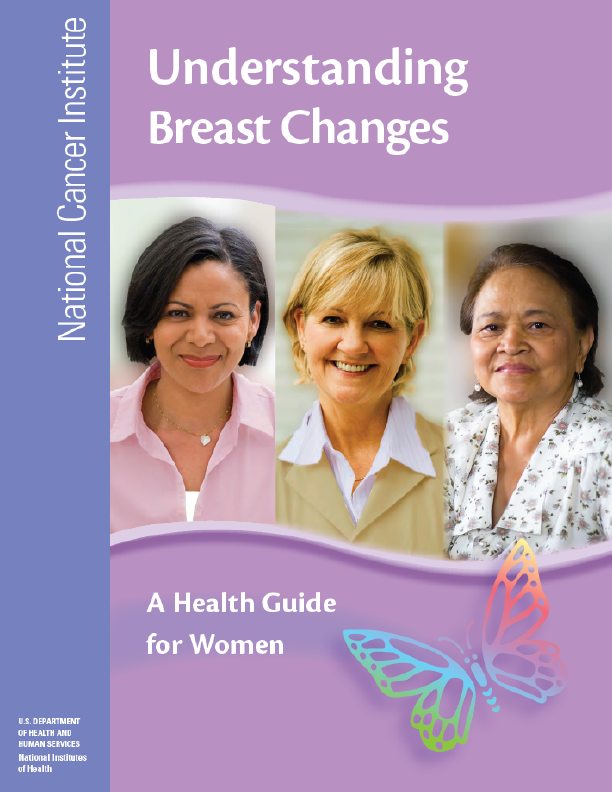Asking and answering questions about what culture entails and examines the fundamental properties and intertwining nature of language and culture. This text explores linguistic relativity, lexical differences among languages and intercultural communication, including high and low contexts.
Changes to a variety of OER works were made by Manon Allard-Kropp in the Department of Language and Cultural Studies to tailor the text to fit the needs of the Languages and World View course at the University of Missouri–St. Louis. Materials from the original sources have been combined, reorganized, and added to by the current author, and any conceptual or typographical errors are the responsibility of the current author.
Culture Defined
A common anthropological definition of culture is that of pioneer English anthropologist Edward B. Tylor (Primitive Culture, 1871):
Culture “is that complex whole which includes knowledge, belief, art, law, morals, custom, and any other capabilities and habits acquired by man as a member of society.”
What Does it Entail?
“Culture” encompasses objects and symbols, the meaning given to those objects and symbols, and the norms, values, and beliefs that pervade social life.
Values reflect an individual’s or society’s sense of right and wrong or what “ought” to be.
Humans also have biological drives—hunger, thirst, need for sleep—whose unfulfillment can result in death.
Because of our biology and genetics, we have a particular form and we have certain abilities. These set essential limits on the variety of activities that humans can express culture, but there is still enormous diversity in this expression.
Culture refers to the way we understand ourselves as individuals and as members of society, including stories, religion, media, rituals, and even language itself. Social Darwinism was the belief that the closer a cultural group was to the normative Western European standards of behavior and appearance, the more evolved they were.
Culture is the non-biological or social aspects of human life. Culture refers to the way we understand ourselves as individuals and as members of society, including stories, religion, media, rituals, and even language itself.
Social Darwinism hinged on the belief that the closer cultural groups were to the normative Western European standards of behavior and appearance, the more evolved they were.
Language is a defining aspect of culture. Our beliefs about language—as in, the language we speak, not language in general—both define and reflect our beliefs about our identity as part of a group. The way we speak reflects and reinforces our cultural beliefs, and our identity as members of a social group. To make this a little bit less abstract, let’s look into three new terms: linguistic community, speech community, and language ideologies.
